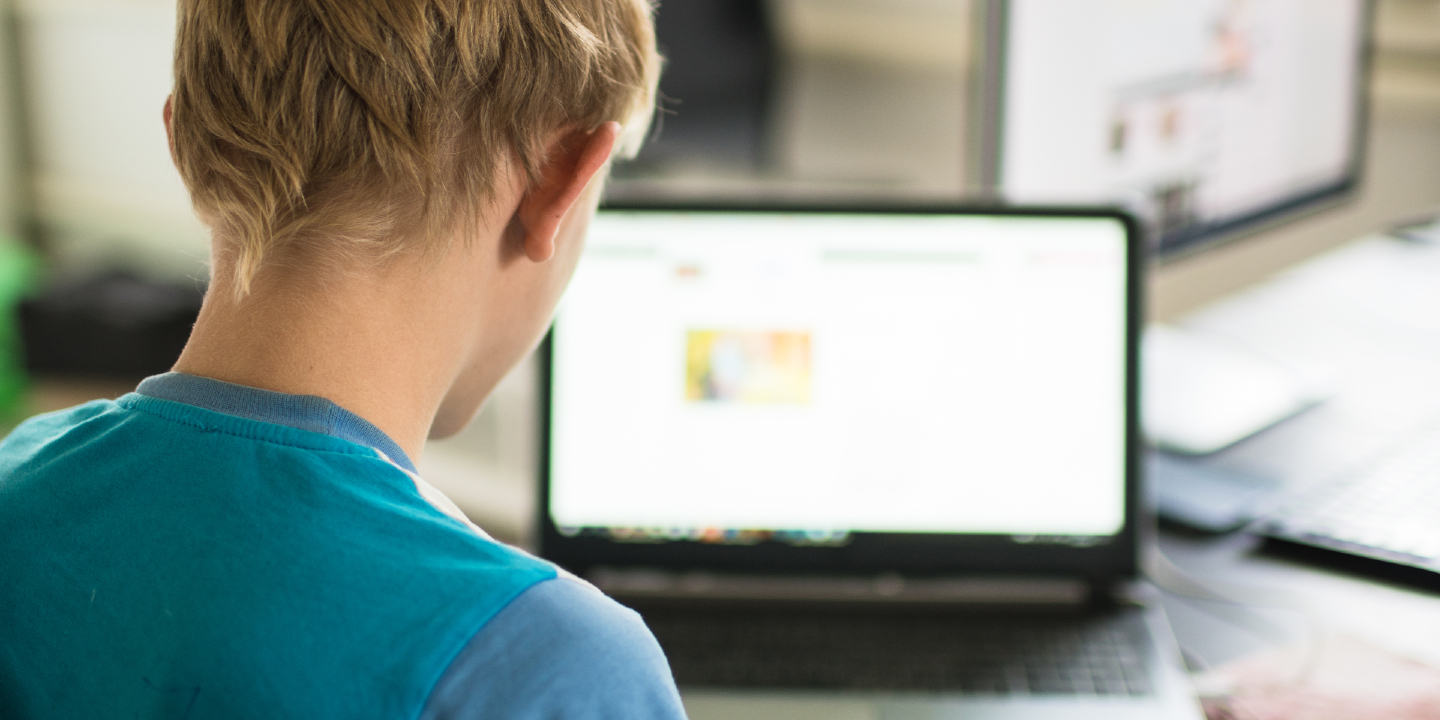
Giving students a lesson in fake news
Research 30 Aug 2021 3 minute readACER Deputy CEO Dr Sue Thomson says COVID-19 has highlighted the importance of developing strong literacy skills in order to evaluate information online.
Writing in Teacher, Dr Thomson explains students no longer go to an authoritative print source to obtain information – they search on the internet, where anyone can publish any content they wish, without any form of verification.
Data from the Programme for International Student Assessment (PISA) reveals Australian students’ time on the internet – both in and out of school – increased from an average of 28 hours in 2012 to 40 hours in 2018: more than the average adult working week. Dr Thomson notes the COVID-19 pandemic has since accelerated the use of digital technologies for education.
‘The change over the last twenty years in what and how students read has emphasised the importance not only of assessing students’ capacity to read, but also what they have learned about the credibility of what they read,’ Dr Thomson writes.
‘For example, how well are they able to distinguish fact from opinion, or detect biased information or malicious content such as phishing or fake news – skills essential in a world flooded by information from a variety of sources.’
The 2018 PISA Digital Literacy assessment revealed 84 per cent of Australian students had been taught how to decide whether to trust information from the internet. This was significantly higher than the OECD average of 69 per cent, but below that of the highest OECD country, Sweden, where 92 per cent of students reported they had been taught this skill.
Three-quarters of Australian students reported that they had been taught how to detect whether information is subjective or biased. This was significantly higher than the OECD average of 54 per cent, but below that of the highest OECD country, the United States, where 79 per cent of students reported they had been taught this skill.
Dr Thomson notes that while the proportion of students who report that they have been taught these skills is relatively high, how well they can actually perform the skills is not known.
‘The global pandemic has shown what is possible in terms of the volume of misinformation able to be generated and spread widely via the internet, and for this, it is essential that young people develop the level of reading literacy skills necessary to triangulate information and detect bias,’ Dr Thomson writes. ■
Read the full article:
‘Developing literacy skills in a digital world’, written by Sue Thomson and published in Teacher magazine, is available at www.teachermagazine.com.au/columnists/sue-thomson